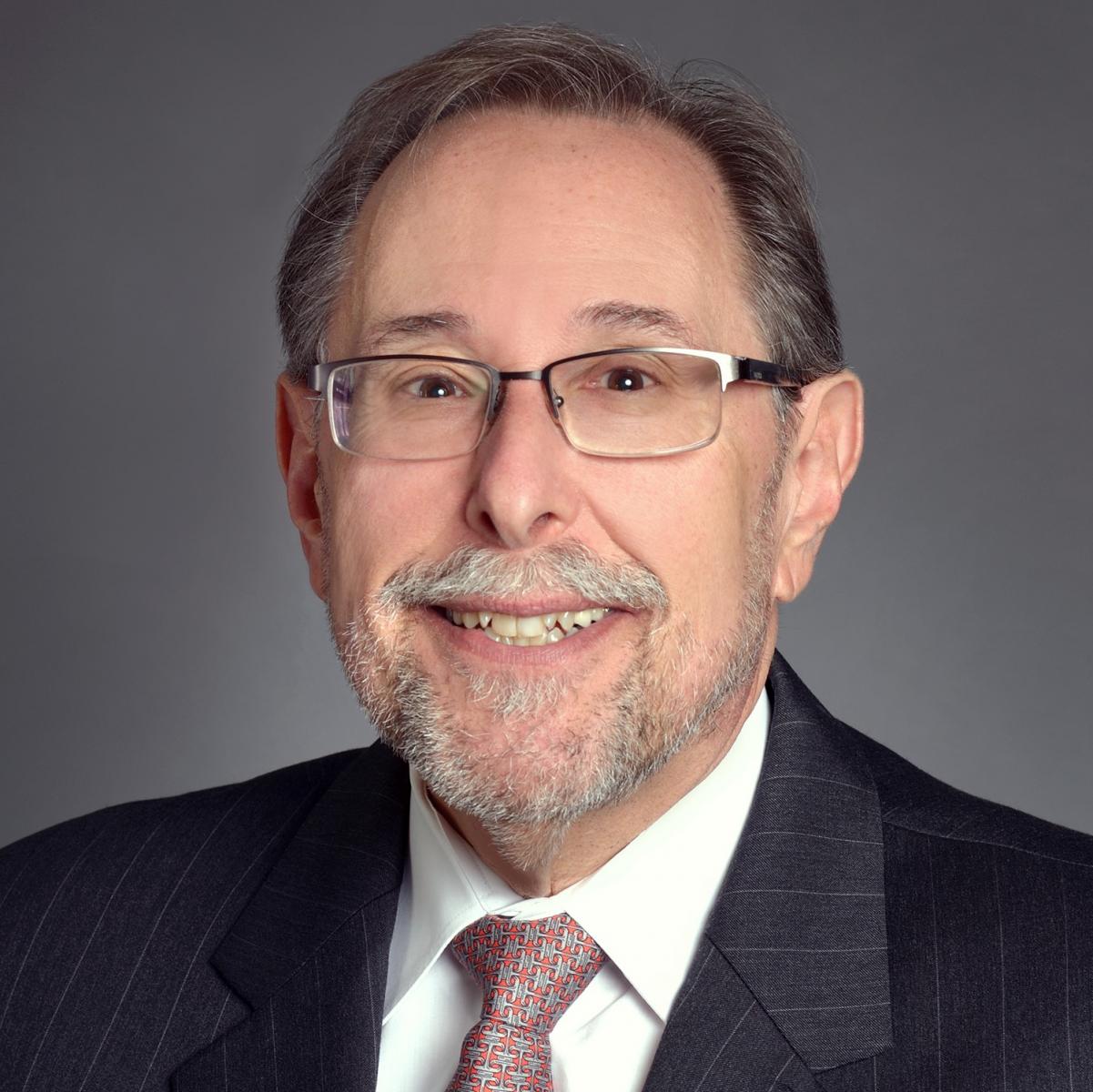 By ASCO CMO and Executive Vice President Richard L. Schilsky, MD, FACP, FSCT, FASCO
By ASCO CMO and Executive Vice President Richard L. Schilsky, MD, FACP, FSCT, FASCO
I made my first presentation at an ASCO Annual Meeting in 1979 in New Orleans. Cisplatin was still undergoing clinical trials and I reported the first cases of cisplatin-induced hypomagnesemia. There were 2,645 attendees—not for my presentation, but at the entire meeting! The next year, 1980, I joined ASCO and have attended every ASCO Annual Meeting since.
It was clear to me from the start that ASCO would be my professional home throughout my career. It was where I found the newest information, critical analysis, connection with colleagues from across the country and around the world, and outstanding role models and leaders of our field. My journey as an ASCO member has included serving on 10 different ASCO committees, election to the Board of Directors and as ASCO president (2008-2009), appointment to the Board of Conquer Cancer, the ASCO Foundation, and, finally, joining the ASCO staff in 2013 as the Society’s first chief medical officer.
Arriving at ASCO as a staff member with a blank slate, I focused on what I knew best: clinical research. In 2016, we launched ASCO’s first clinical trial, the Targeted Agent and Profiling Utilization Registry (TAPUR) Study. The study has now enrolled more than 2,000 patients on study drug treatments and continues enrollment at 123 sites across the country.
In 2017, we formed a new ASCO department, the Center for Research and Analytics (CENTRA), to organize ASCO’s data assets and serve as the research hub of ASCO. We initiated the Research Survey Program to facilitate surveys of ASCO members for research purposes. In April 2020, we launched the ASCO Survey on COVID-19 in Oncology (ASCO) Registry to track disruptions in cancer care and outcomes of patients with cancer and COVID-19. The CENTRA team has also supported many volunteer-led projects aimed to improve the design and analysis of cancer clinical trials, including defining clinically meaningful endpoints in clinical trials, broadening eligibility criteria for clinical trials, simplifying adverse event reporting, and reducing administrative burdens for research sites.
Along the way, I’ve also been privileged to work with the ASCO Board and great colleagues on the staff to reimagine ASCO’s quality and guideline programs, expand ASCO’s advocacy efforts, promote national cancer research priorities, help CancerLinQ achieve its potential as a real-world data research platform, and serve as a key ASCO spokesperson on clinical cancer advances and other issues important to oncologists and people with cancer. It has been a wonderful 8 years and I am deeply grateful to past CEO Dr. Allen S. Lichter for giving me the opportunity and to current CEO Dr. Clifford A. Hudis for supporting my work as ASCO’s first CMO.
Oncology has changed a lot in the 40 years since I joined ASCO and ASCO has chronicled that change through its meetings, journals, educational programs, and advocacy work. But ASCO has changed in important ways too. At its core, ASCO is fundamentally an information management organization. We receive information from multiple sources in various forms (e.g., abstract and manuscript submissions), we vet and organize that information (often with critical commentary), and we disseminate that information to our members and the broader oncology community through multiple distribution channels. But in the last few years, we have added a new dimension to ASCO’s work. Now we also develop new information through prospective research studies, observational registries, member surveys, and analysis of real-world data. ASCO itself has become an active participant in the cancer research enterprise, not simply a vehicle to disseminate information generated by others.
With these new capabilities has come a fundamental shift in ASCO’s role in cancer research and care delivery. We are pivoting from a decades-long stance of reacting to our environment and the needs of our members to envisioning the future of cancer care along with our members and helping to create that future. Doing so requires coordinated activities among the programs represented in ASCO’s mission pillars—Research, Education, Quality—to ensure that gaps in knowledge are filled and that all members of the cancer care team are equipped with the knowledge and tools they need to obtain the best possible outcomes for every patient, every day, everywhere.
My journey as an ASCO member has been all about engagement with the Society and all that it has to offer. I’m proud to have had an opportunity to help shape ASCO’s work as both a volunteer and staff leader. Even as I prepare to leave the staff, I look forward to continuing to work with ASCO, motivated by an abiding belief that Knowledge Conquers Cancer.


Recent posts